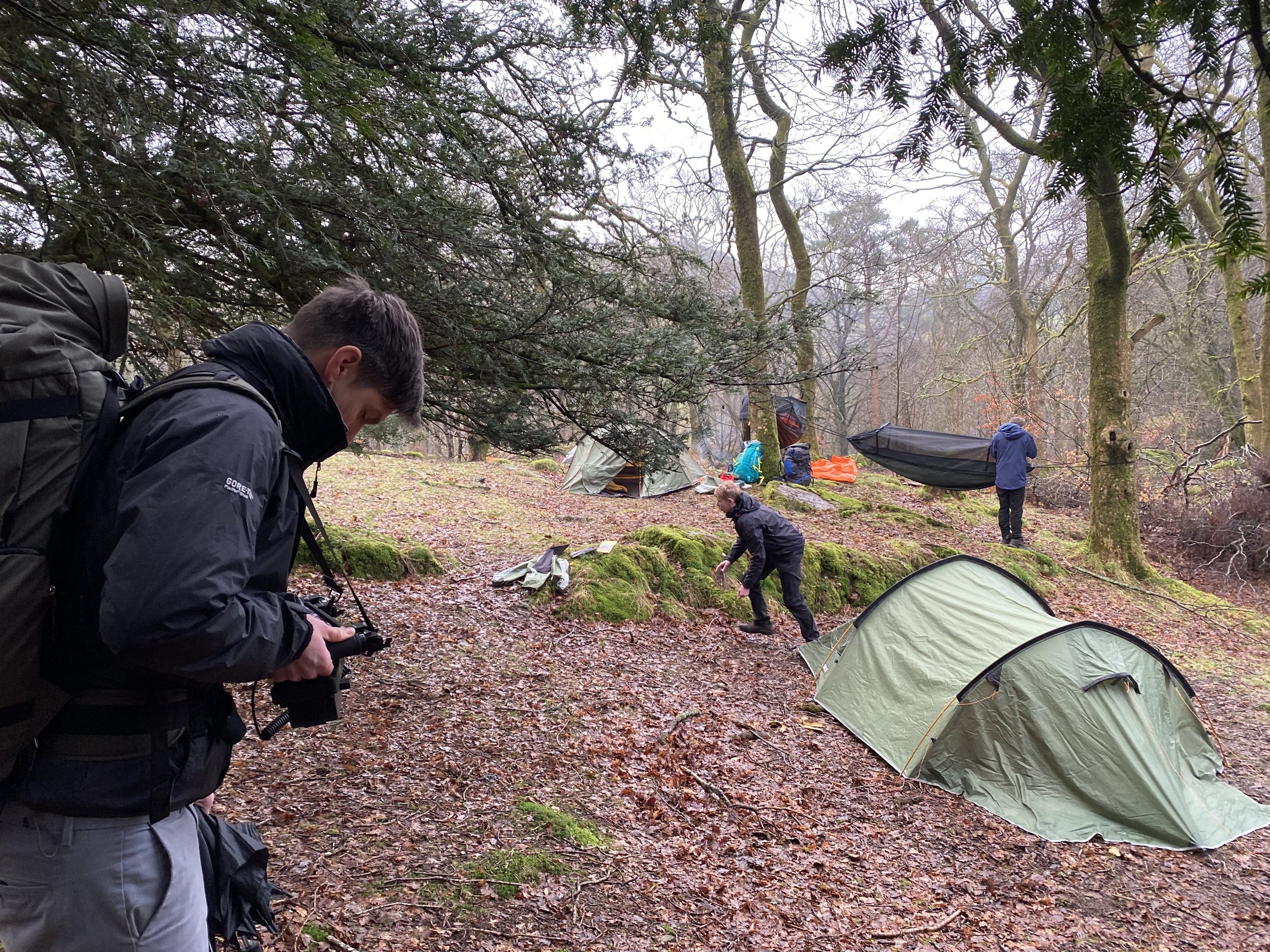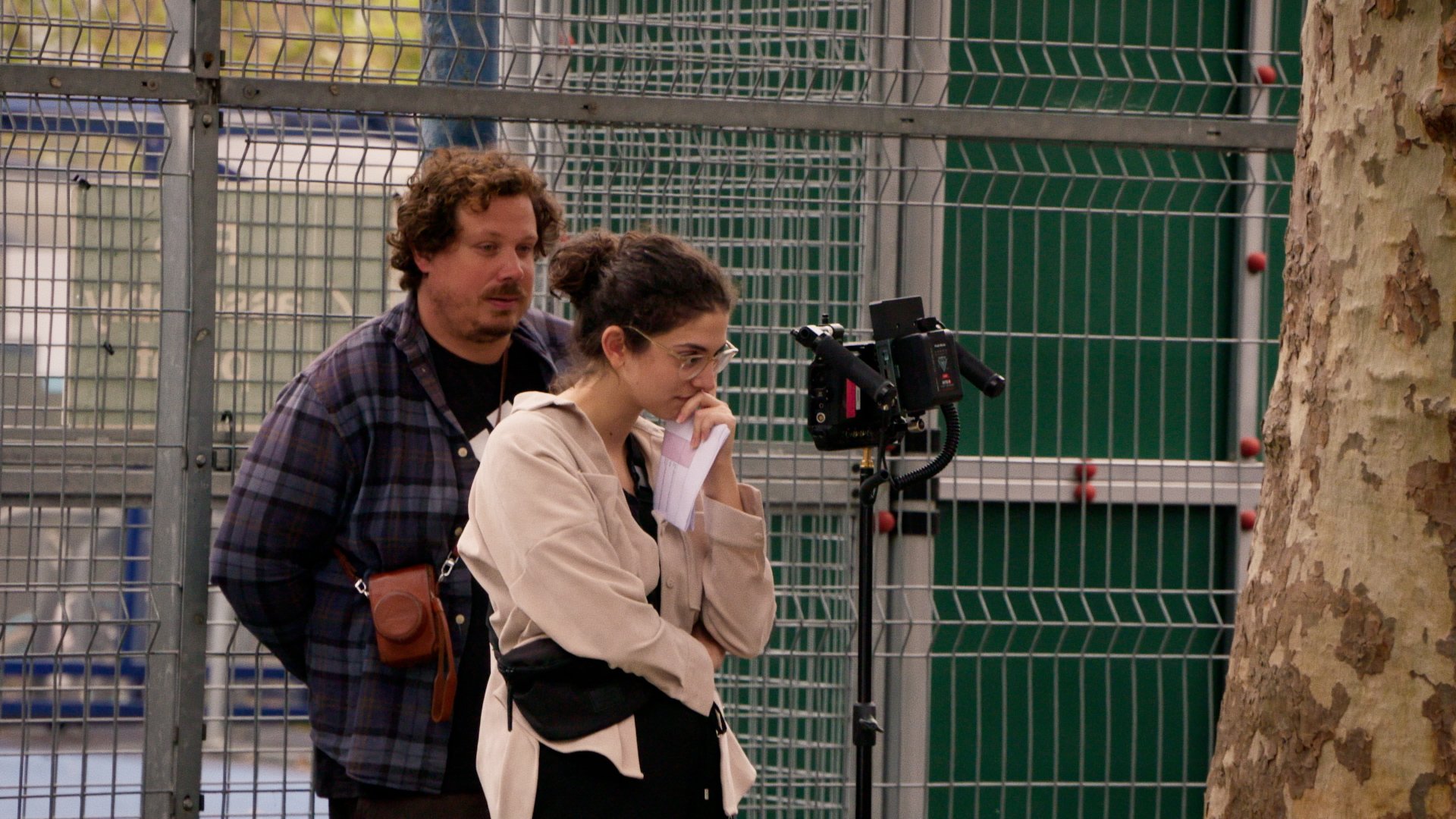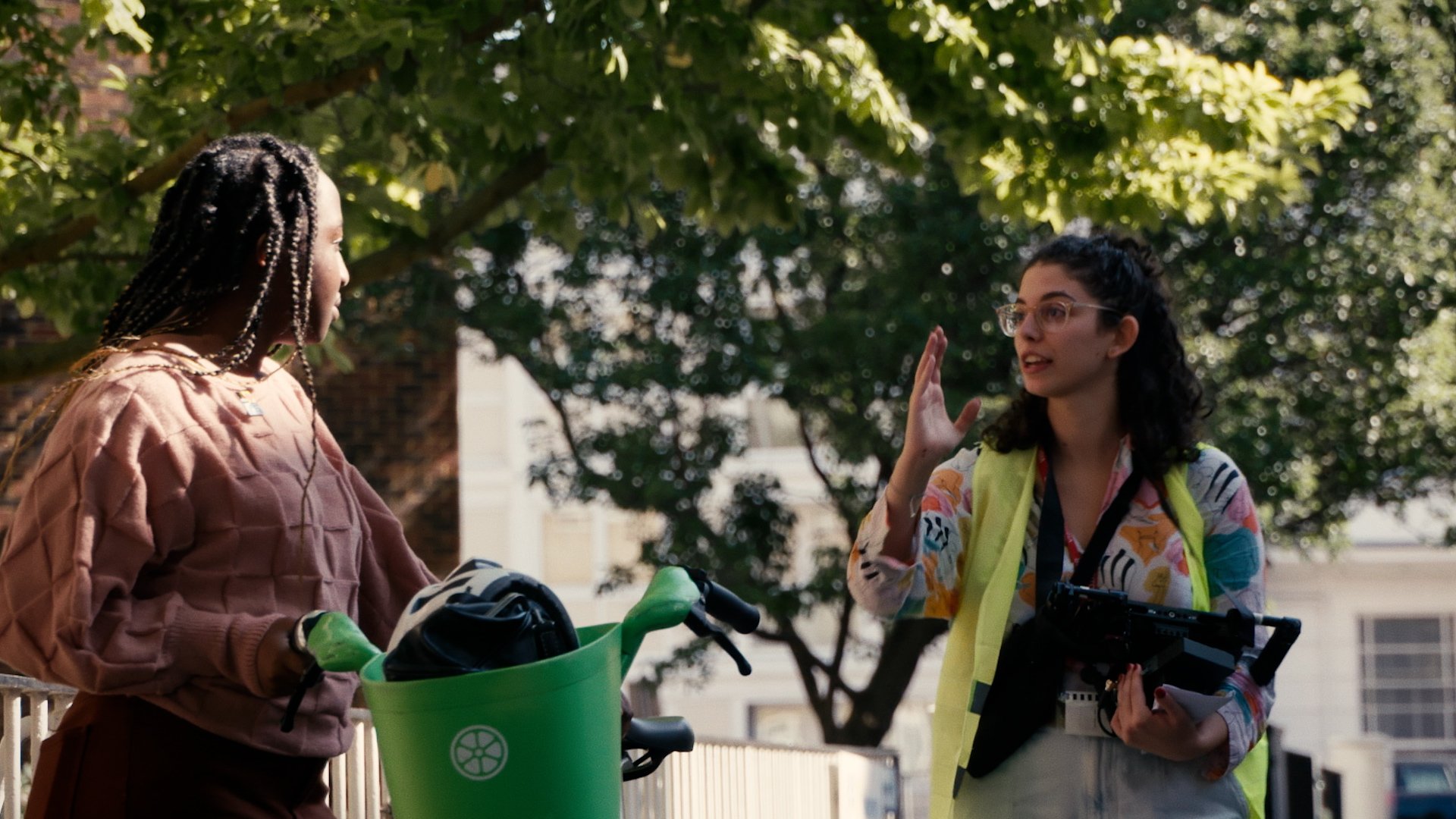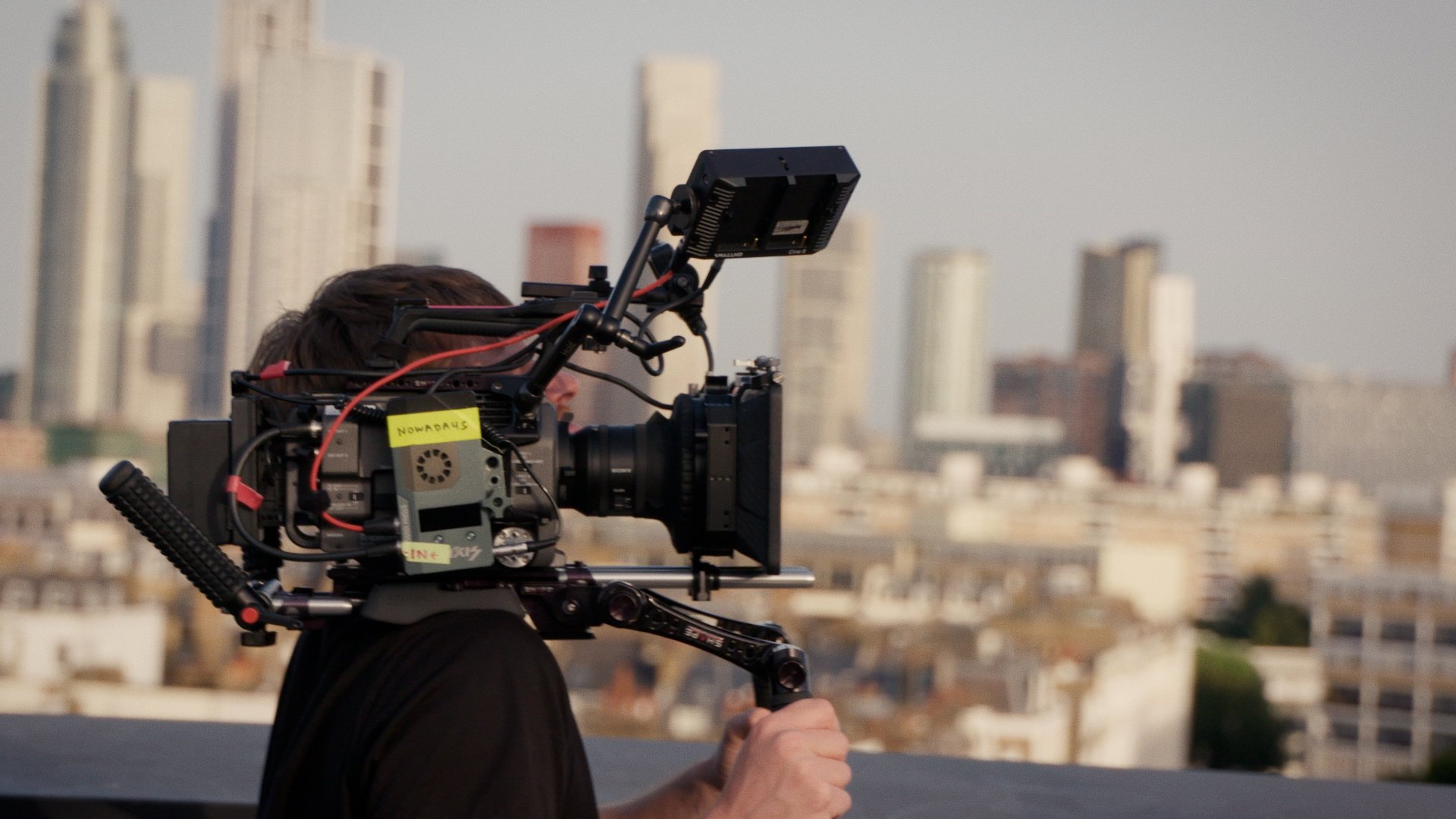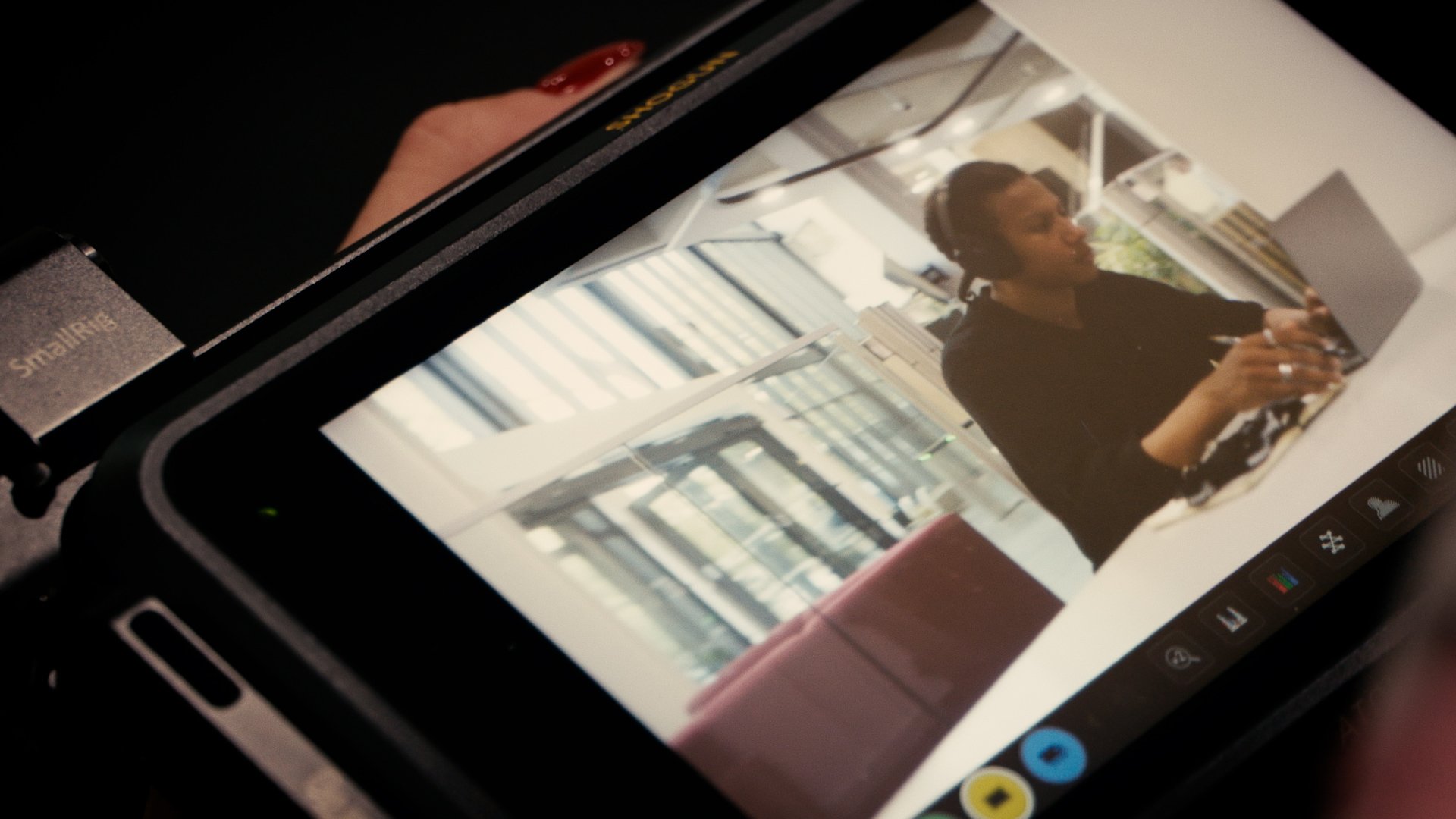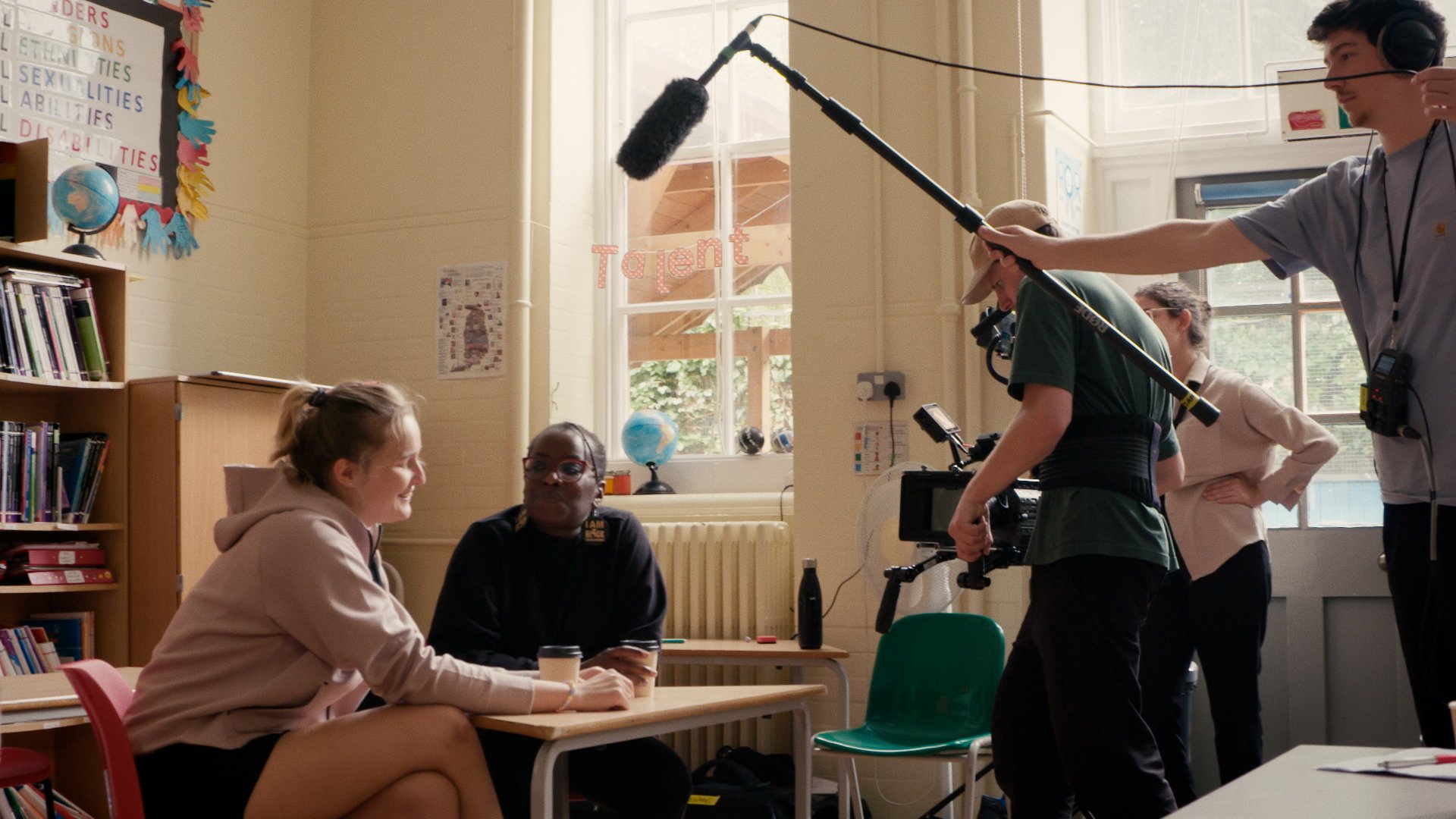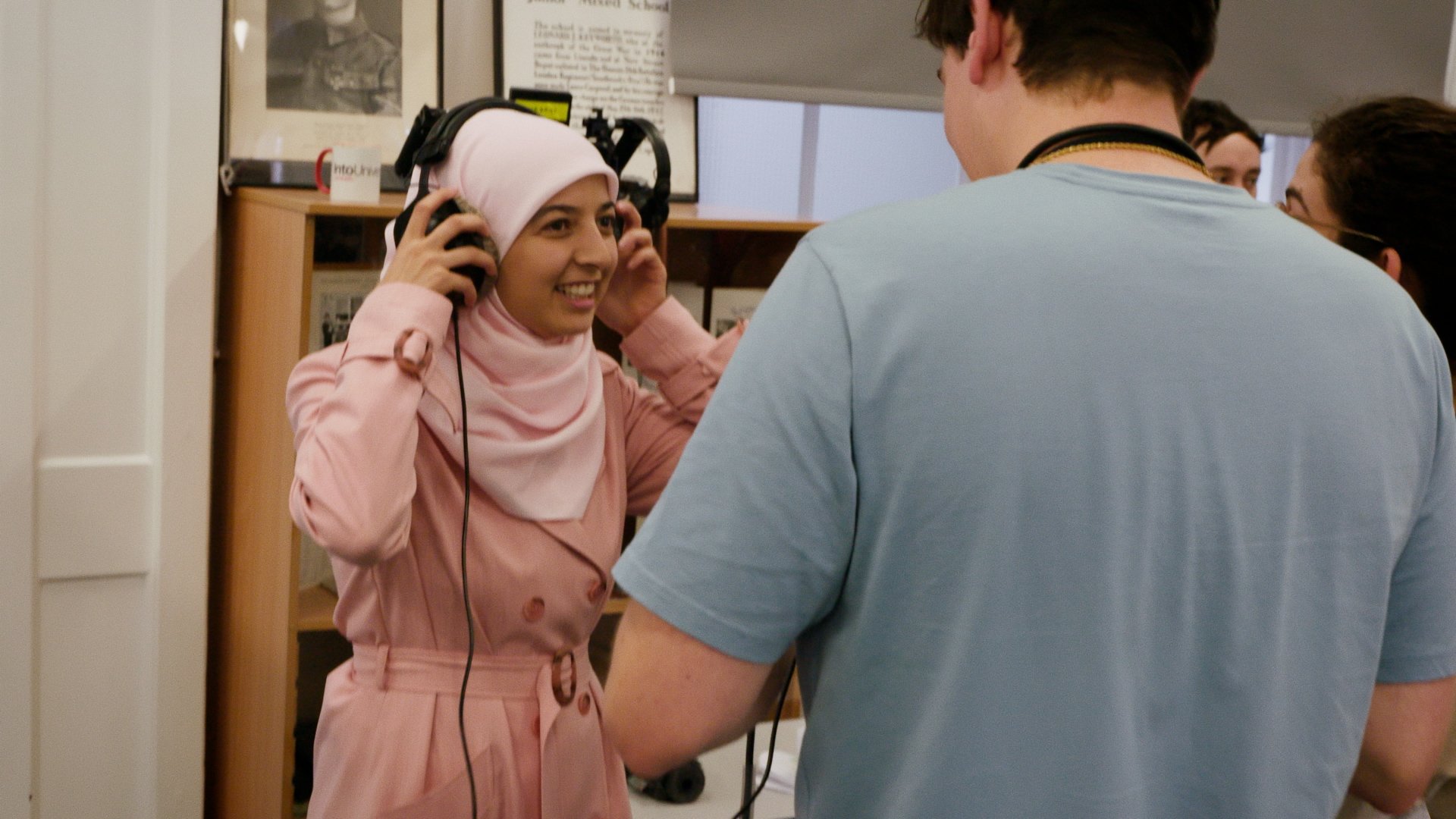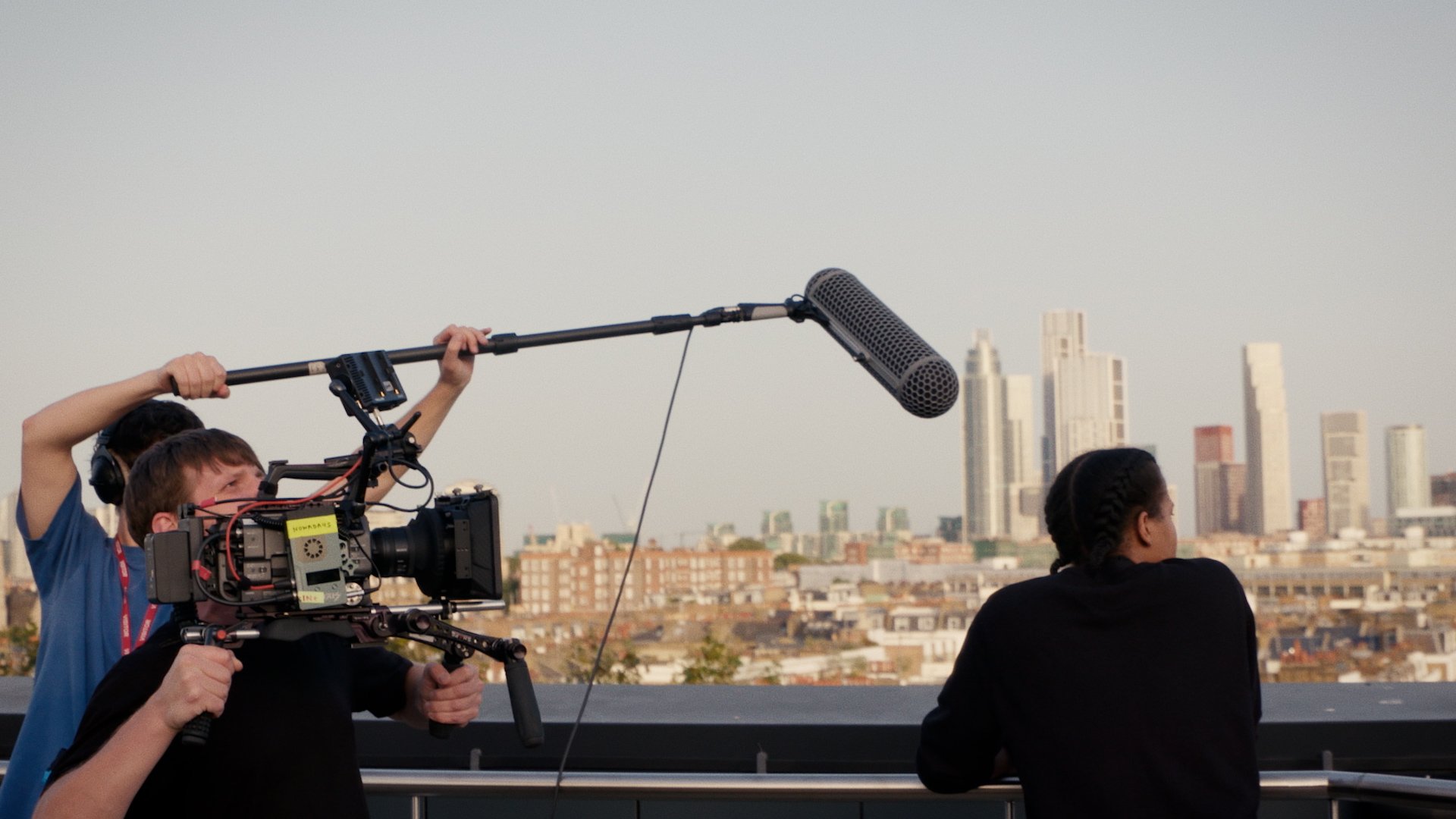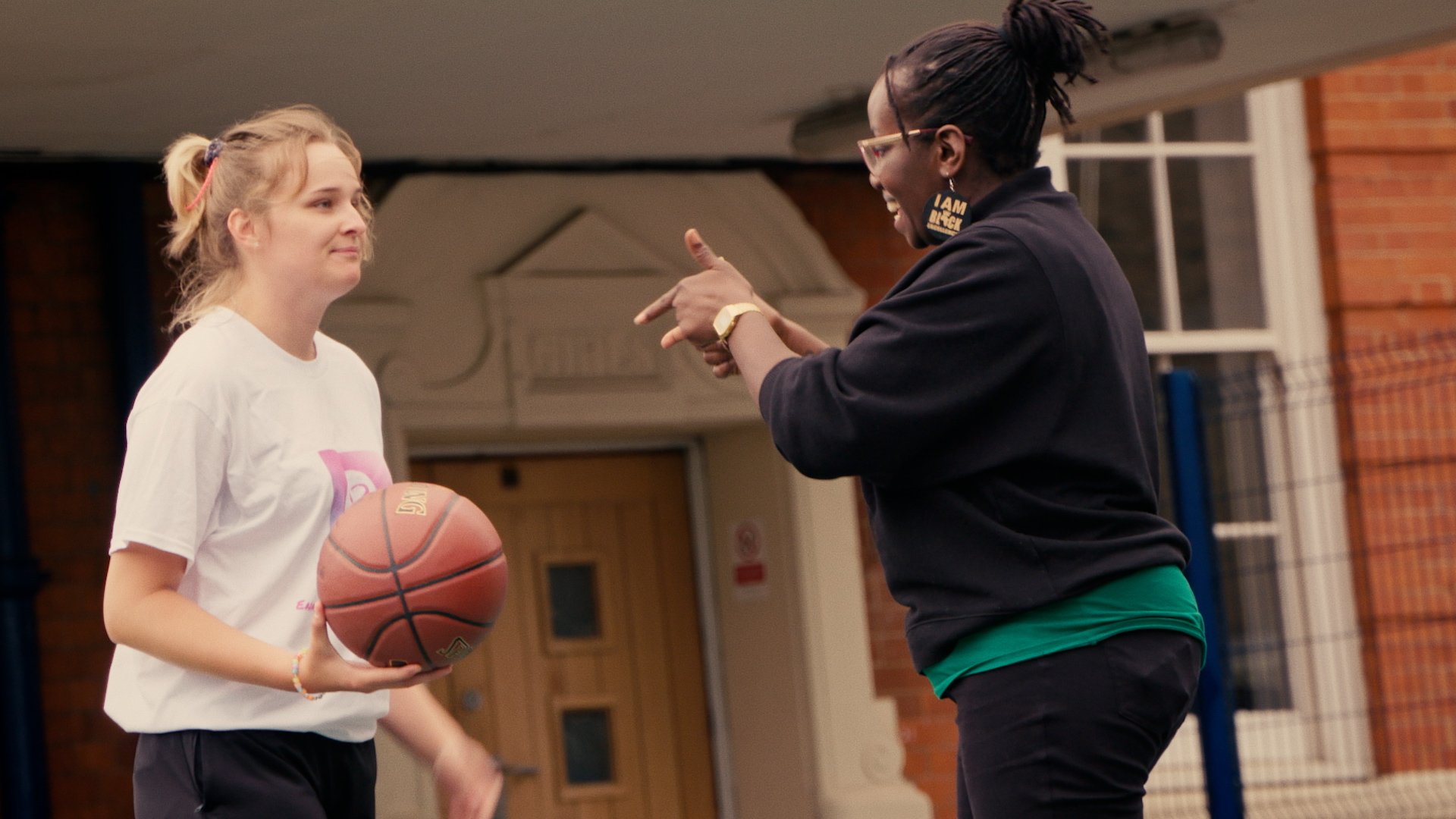The Importance of Having Pre-Calls
Hi, Mike here, in-house director at Nowadays.
Since the dawn of time (well, 2012), the team at Nowadays have been making films for Scouts – from big impressive (not to mention award-winning) brand positioning pieces, to lovely little animations – so when I was entrusted with leading this years campaign, the first question I asked myself was:
What can I bring to the table?
Over the years, for me to connect with the work and do a great job, I need two things. First and foremost, a clear goal. Scouts are a charity, they continually need volunteers to be able to provide opportunities for children across the UK and right now they are in urgent need of adults for their ‘Explorer’ groups (the 14-18 years old).
Awesome! Clear goal in sight! Next…
To find a way into a project I also look for a hook, a way for me to connect with or understand the story on a personal level. I'm not a Scout, I've never been to Scouts, and to be honest, I’m really time-poor. So for me, I wanted to understand what would compel someone to give up their precious free time to get out there and volunteer. However, discovering this answer while making the film is not an option: in order to control my shoot I need to get to know my contributers…
For those not in the know, a pre-call is an informal chat with your contributor ahead of the shoot, and truth be told, I used to despise these. When I first started out I had an (ill-informed) romantic image of the doc-director dropped from a helicopter straight into a shoot, with nothing but their guile, their wits, and a trusty DoP to succeed.
With experience, I’ve come to understand that, in fact, the pre-call is essential to the success of my projects. It’s a great way to ease someone into the process of filming; where you can be transparent about crew, equipment, and your demands on their time; and encourage your contributors to ask any questions that help demystify things for them.
Most importantly, with just a few searching questions, the pre-call is where you begin to shape your narrative…
When I’m in pre-production, and especially in pre-calls, I like to channel my inner Theodore Donald Kerabatsos (Donny from the Big Lebowski) - “like a child who wanders into the middle of a movie and wants to know... [what’s going on].”
I’ve found this wide-eyed approach extremely helpful when talking to contributors for the first time. Asking the obvious questions and taking people back to the beginning of their journeys is a great way to understand what they can give me during a shoot; are they energetic, excitable, open, reflective? Before you know it, the person you’ve only just met is confiding that, “all through my childhood I struggled with my confidence… Scouts gave me an identity and a place.”
This is the kind of testimony that you can build a film around.
When another contributor later explains that being a Scout leader, “is a privileged position; you’re trying to help kids who might be really struggling in lots of ways, and actually, you can really help.” An idea begins to form that Scouts is a safe space, and maybe this series of films can celebrate that.
The more you can dig away and break down what someone does, the more you begin to understand the visual possibilities of the shoot, the scenes you might want to see. Here are a few examples of the insight as inspiration for the shots…
Anes’ Story: the Neckerchief Game
“Whenever I feel like I'm too busy, all it takes is one smile from an Explorer to make it worth all the sweat”.
When Anes shared this with me, I knew we needed a scene that would encapsulate the bond within his group as naturally as possible; but most importantly, a moment of genuine connection that never fails to make him smile.
Victoria’s Story: the Bonfire
“I'm always surprised how they embrace each other's weirdnesses. They're not afraid to be themselves, and they love being together.”
Going back to this idea of safe spaces, the lighting of the bonfire became this moment of total liberation, where we could capture Victoria’s Explorers without inhibition. Once in the edit, we knew that letting these visuals speak for themselves would be more powerful and emotive than anything she could say.
Zahir’s Story
“Historically, Scouts was perceived as being a very white, Christian organisation. There weren't many people of colour.”
Hopefully this one speaks for itself. Profiling the groundbreaking work of the Muslim Scout Fellowship during their annual ‘Iftar Under the Stars’ event allowed us to send a powerful message that Scouting is for everyone, regardless of race, gender, or class.
If you haven’t already you can watch all three films here
What Momentum Taught Me About Filmmaking
Hello again - it’s Sandy, director at Nowadays. You might have noticed we’ve dropped our third film for Impetus, and this time it’s really packing a punch as we celebrate the last 21 years of impact they’ve had on millions of young people’s lives.
The theme of this film is ‘momentum’ - the idea that things keep moving forward, whether its young people’s futures, or Impetus’ future endeavours. But what I didn’t realise was how much momentum came into the process of making the film as well. Here’s a few things that working with ‘momentum’ taught me, and how it helped me understand the filmmaking process all over again.
Rolling with the punches
Making this film taught me to be more spontaneous and loose with my directing style. As someone who so dearly wishes to control every aspect of a situation (my mantra is “fail to prepare, prepare to fail”), I have to say, sometimes it’s not possible. For example, we had planned a gym/training montage scene that was meant to be high energy and fast paced. Except when we got to the location, there wasn’t a gym, just a very empty sports hall.
So what do we do? What we all attempted to do at least once during the pandemic - a very manic HIIT workout. Of course doing a workout alone and in front of the camera isn’t the most comfortable thing to do, so I roped myself and production assistant Jacob into getting a workout ourselves.
The result? Movement and momentum that still got across the energy we wanted this film to have + a couple of sweaty crew members.
(By the way, if you need proof I was involved in that workout - you can see for yourself in our BTS film we made alongside 21 Years of Impact below)
Good momentum, bad momentum
Ok, so momentum is what keeps things moving, we know that. But I need to point out that this can be good or bad. Instead of feeling like you’re riding a wave of productivity, there is also another side of momentum; the kind that can frazzle you, uses up all your energy, the kind that makes you forget to eat, and narrows your focus so much that there’s less room to explore and try new things - I call it ‘bad momentum’.
This is where it’s helpful to have someone on set that can look out for when this is happening. If it weren’t for my producer, Charlie, scolding me on day 1 of the shoot, telling me to drink water and grab a bite to eat, I’m sure I’d have forgotten completely. It was a good reminder that it's okay to chill out a bit. Reset. Take a second to step back, and take a look at the whole picture before jumping back in.
Everyone on board
The momentum train is pulling out of the station, but wait a second, your whole cast and crew are left on the platform - this can be a recipe for disaster.
Making sure that everyone else is along for the ride with you is incredibly important. For this film, the dialogue moved through six different characters, so it was vital that they understood the wider context and what role they were playing in it.
The same principle can be applied to the crew as well. Even something as small as checking in with each other throughout the shoot is very beneficial. Whether that’s about script, schedule, breaks, or general mood. Not only does this actually instil me with more confidence, but it sets a more harmonious pace for the process in general, that way no one’s left behind or out of the loop.
Full disclosure, Impetus was my first charity campaign film for Nowadays, and the first time I had the chance to work on something that pushed me out of my comfort zone as a director. I wouldn’t be writing this post if I didn’t think I had something to say about the process, and what it really taught me. Our end line for the film was, “I’m just getting started” - written to reflect the fact that both Impetus and our cast of young people have so much more to come in the future. As always, there’s some truth in the art - I’m also ‘just getting started’.



